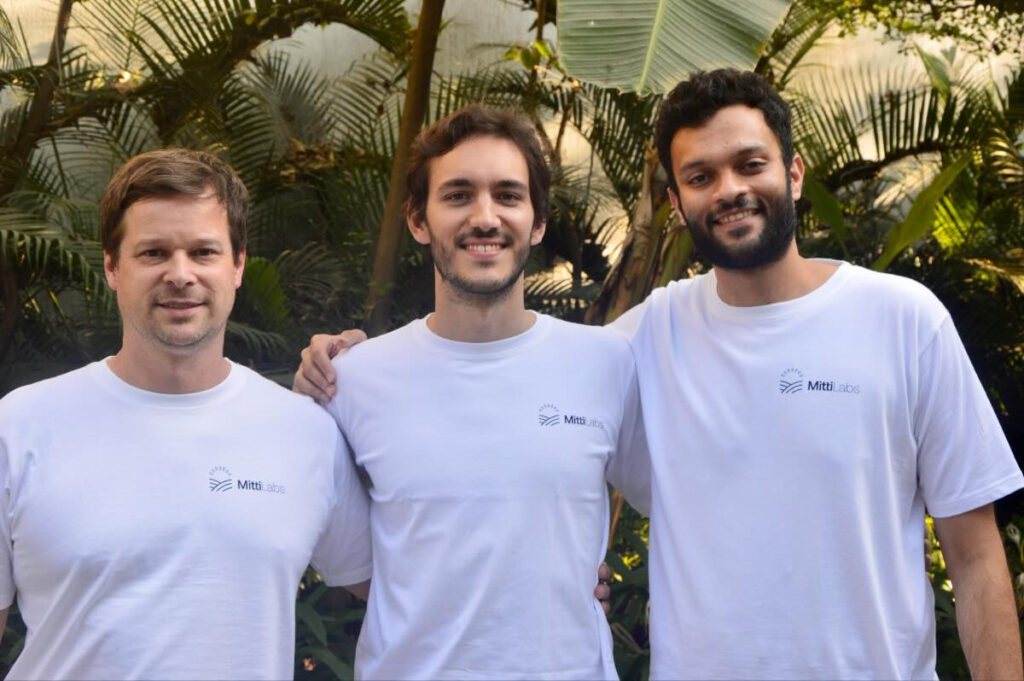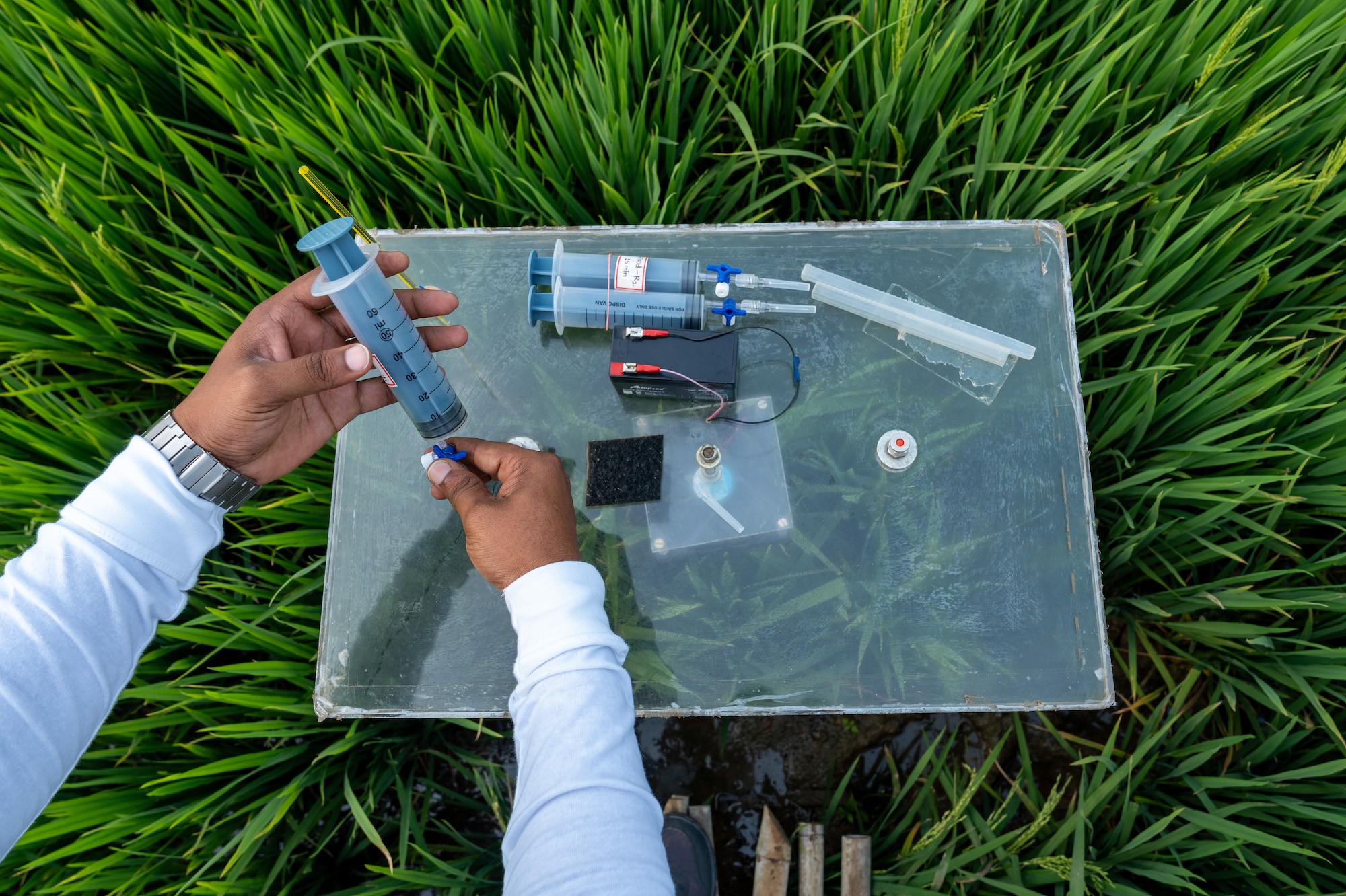Tackling climate change isn’t easy, but startups like Mitti Labs are proving it’s possible with the right mix of technology and partnerships. The New York-based company has developed AI-powered tools to measure methane emissions from rice paddies and uses the data to help hundreds of thousands of farmers adopt climate-friendly practices.
It’s a resource-heavy approach that venture capitalists typically shy away from, yet Mitti has managed to secure investor backing by leaning into collaborations. Its latest: a partnership with The Nature Conservancy to promote regenerative, no-burn agriculture in India.
Mitti’s software will measure, report, and verify the nonprofit’s on-the-ground work with local farmers, who are implementing a range of sustainable practices. “Most of the project operations on the ground are from locals from the villages where these projects are being implemented,” co-founder Xavier Laguarta told TechCrunch.

Related: ElevenLabs Launches AI Music Generator With Commercial Rights
While Mitti’s current focus is on methane reduction in rice farming, the company is expanding its software offerings. Laguarta says it’s developing tools that can measure Scope 3 emissions for other project developers and corporations working with rice farmers, a SaaS-style solution that mirrors trends in the broader carbon-removal sector.
Methane, a greenhouse gas 82 times more potent than carbon dioxide over a 20-year period, is a major climate threat. Rice farming alone accounts for roughly 10% to 12% of human-caused methane emissions. Unlike other crops, rice fields are typically flooded, creating oxygen-free conditions that encourage methane-producing microbes.
Mitti’s software relies on satellite imagery and radar, which can see through clouds, plants, water, and soil, to estimate methane output. AI models trained on this data, combined with field studies, allow Mitti to track emissions at scale without the cost of installing physical monitoring equipment on small farms.
The model is also designed to benefit farmers. Methane reduction projects generate carbon credits, and Mitti takes a cut of their sale while passing the rest to farmers and communities. Farmers typically see a 15% boost to their bottom line, significant for smallholders who often struggle to stay profitable.
With 90% of rice grown in Asia, much of it on one-hectare plots, Mitti sees partnerships as the key to scaling its work. “A deep partnership that we have with the Nature Conservancy allows us to develop these tools that can then be used for a lot of other programs in the region,” Laguarta said.






